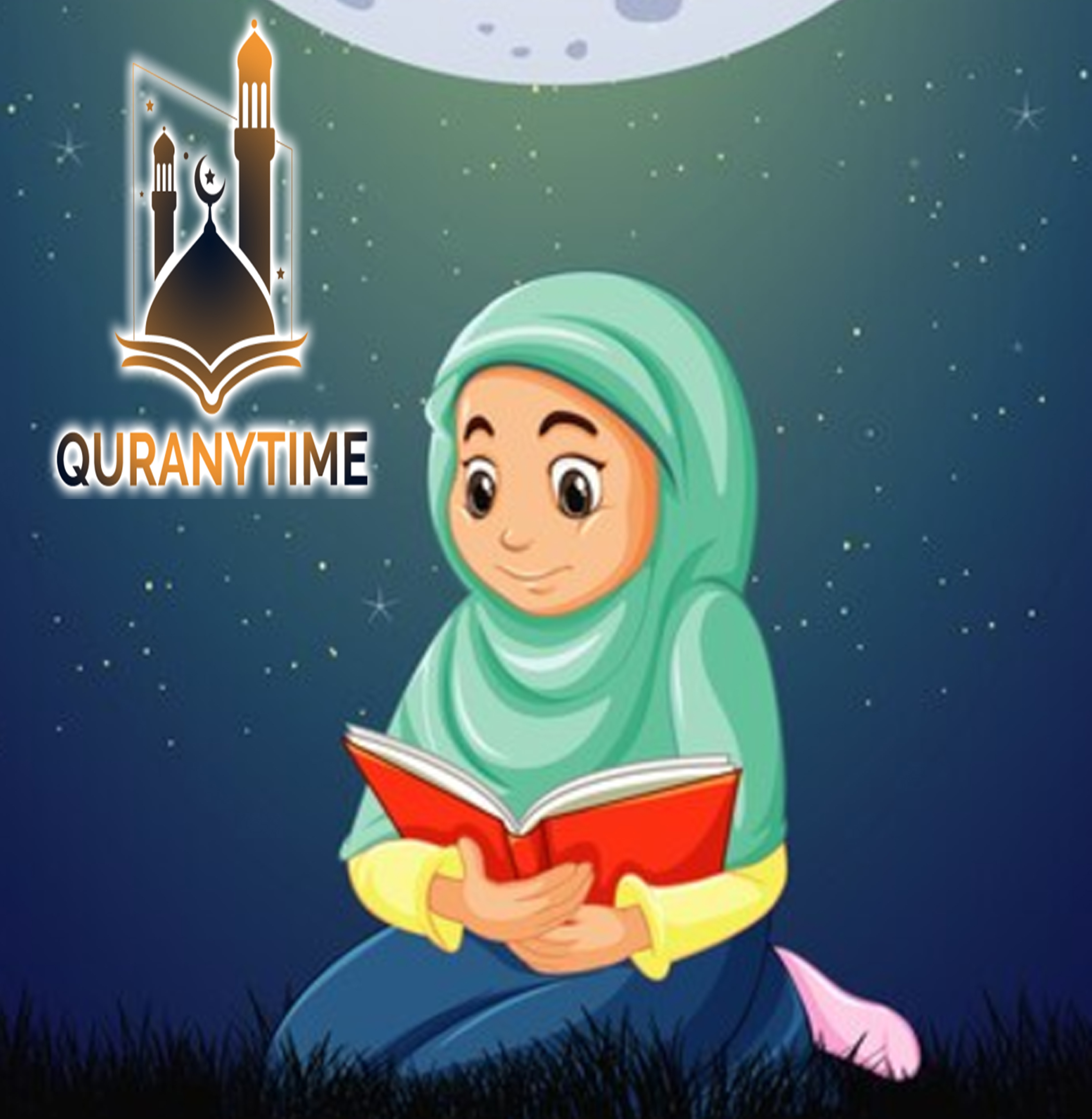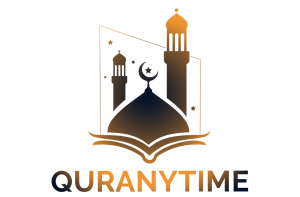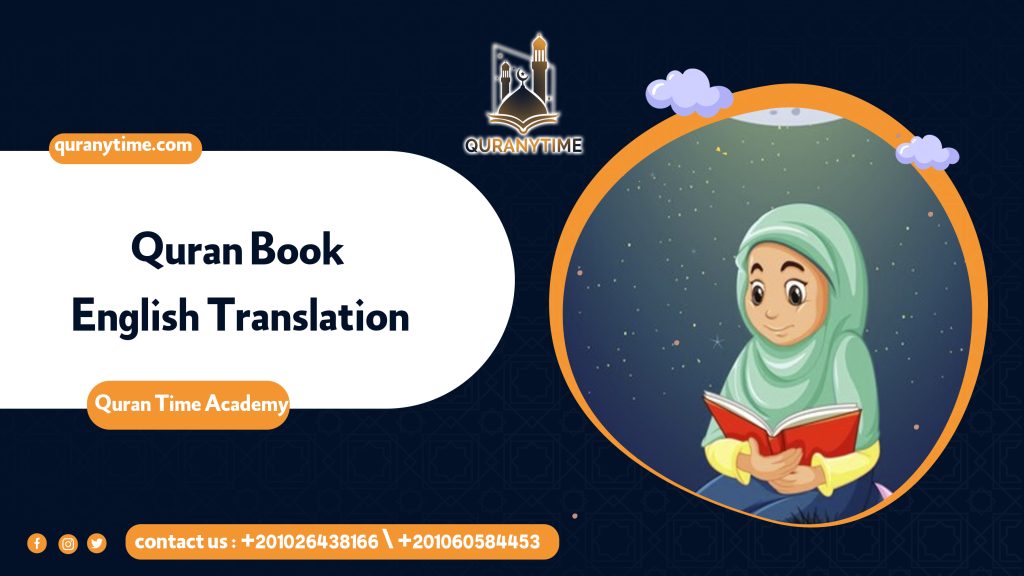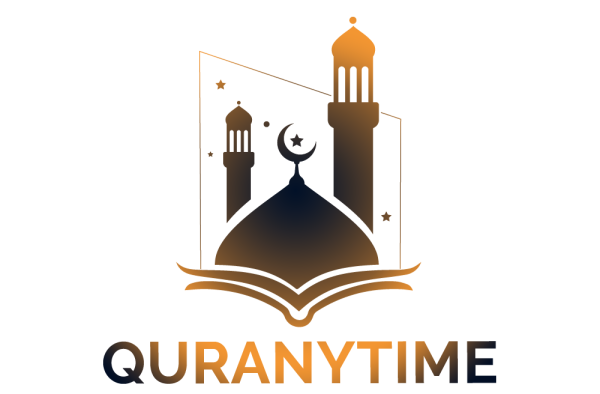The Quran book English translation is one of the most widely sought after resources for understanding the divine message of Islam, particularly for those who do not speak or understand Arabic. The Quran, regarded as the holy book of Islam, is believed by Muslims to be the literal word of God as revealed to the Prophet Muhammad (peace be upon him) over a period of 23 years. While the original Quran is in Arabic, the translation of its meanings into different languages, including English, plays a crucial role in making the teachings of Islam accessible to non-Arabic speakers. This article will provide a comprehensive look at the Quran book English translation, its significance, challenges, and its role in spreading the message of Islam, particularly for the Sunni Muslim community.
The Importance of the Quran Book English Translation
For Muslims around the world, the Quran book English translation serves as a bridge between the original Arabic text and the diverse linguistic communities that make up the global Muslim ummah (community). The Quran is considered the final revelation, a guide for all aspects of life. Therefore, translating it accurately is vital in ensuring that non-Arabic speakers understand the message of Islam and its core teachings. The Quran book English translation allows those who cannot read Arabic to engage with the teachings of Islam, to learn about its principles, ethics, and spiritual guidance.
One of the essential goals of the Quran book English translation is to preserve the message of the Quran while making it understandable in another language. The Quran is not only a religious book but also a source of law, history, and guidance for Muslims. The English translations aim to reflect the meanings of the Quranic verses, preserving the divine message as much as possible. However, translating the Quran is a delicate task because the Arabic language of the Quran is rich in meaning and nuances, which are difficult to convey perfectly in another language.
Challenges of Translating the Quran
Translating the Quran book English translation comes with several challenges. Arabic is a Semitic language with a deep and intricate structure. The meanings of words in Arabic are often layered and can vary depending on context. This complexity makes it challenging to translate the Quranic text accurately without losing any of its intended meaning. Translators must possess a deep understanding of both the Arabic language and the message of the Quran, along with the ability to convey those meanings in a way that is both faithful and understandable to English-speaking readers.
Additionally, certain terms in the Quran do not have direct equivalents in English. For instance, the word “Allah” is often left untranslated in English versions of the Quran because there is no exact English equivalent that carries the same significance. Similarly, terms such as “salah” (prayer) and “zakat” (almsgiving) are often left in their original Arabic form, with explanations provided in footnotes or glossaries.
Another difficulty in the Quran book English translation is ensuring that the translation captures the beauty and eloquence of the original Arabic text. The Quran is known for its linguistic excellence, its rhythmic style, and its ability to evoke powerful emotions. This stylistic feature can be hard to replicate in English, where the subtleties of rhyme, rhythm, and sound may not be as prominent. As a result, some translations might focus more on the literal meanings of the words, while others may prioritize the flow and style of the text.
The Role of Tafsir in Understanding the Quran
In addition to the Quran book English translation, the role of Tafsir (exegesis or interpretation) is crucial in understanding the Quran. Tafsir involves providing context and explanations for the Quranic verses, which helps clarify their meanings. While translations of the Quran are important, they cannot always convey the full depth of the text. This is where Tafsir plays a key role. Scholars of Islam, particularly those from the Sunni tradition, have produced extensive works of Tafsir that explain the historical, linguistic, and jurisprudential aspects of the Quranic verses.
The Quran book English translation often includes brief explanations or footnotes, but for a deeper understanding, it is essential to refer to comprehensive Tafsir literature. In the Sunni tradition, renowned scholars such as Ibn Kathir, Al-Tabari, and Al-Qurtubi have written detailed Tafsir works that are widely respected. These works provide insights into the historical circumstances surrounding the revelation of specific verses, the intended meanings, and the application of those verses in the lives of Muslims.
Sunni Islam and the Quranic Teachings
In Sunni Islam, the Quran is regarded as the ultimate source of guidance for all aspects of life. The Quran book English translation holds immense importance for Sunni Muslims, as it allows them to connect with the divine word of God and seek guidance from it. Sunni Muslims believe that the Quran was revealed to the Prophet Muhammad by the angel Jibreel (Gabriel) over a period of 23 years, and they view the Quran as the final and most complete revelation from God.
The core beliefs of Sunni Islam are based on the teachings of the Quran and the Hadith (sayings and actions of the Prophet Muhammad). The Quran book English translation serves as a foundation for understanding these teachings. The translation helps clarify the core concepts of Sunni Islam, including the Oneness of God (Tawhid), the prophethood of Muhammad, the Day of Judgment, and the importance of following the guidance of the Quran in everyday life.
For Sunni Muslims, the Quran is not just a book of worship, but a guide to moral conduct, social justice, and personal development. The Quran book English translation helps to make these teachings accessible to a broader audience. It is important to note that Sunni Muslims emphasize the authenticity of the Quranic text. They believe that the Quran has remained unchanged and preserved in its original form since it was revealed, with no additions or omissions. This belief in the preservation of the Quran is central to Sunni Islam.
The Spread of the Quran Through English Translations
The Quran book English translation has played a significant role in spreading the message of Islam to English-speaking populations worldwide. In countries where English is widely spoken, such as the United States, the United Kingdom, Canada, and Australia, English translations of the Quran have become vital tools for dawah (the act of inviting others to Islam). For non-Muslims, reading the Quran book English translation can provide valuable insights into the faith, helping to dispel misconceptions and promote interfaith understanding.
Over the years, many English translations of the Quran have been published, each offering a different approach to the text. Some translations aim for a more literal rendering of the Arabic text, while others focus on making the meaning more accessible to a general audience. Prominent English translations of the Quran include those by Yusuf Ali, Muhammad Muhsin Khan, Saheeh International, and M. A. S. Abdel Haleem. Each of these translators brings a unique perspective to their work, and all have contributed to making the Quran more accessible to English-speaking Muslims and non-Muslims alike.
The availability of the Quran book English translation has also helped many Muslims who were born in non-Arabic-speaking countries to learn more about their faith. For those who may not have had the opportunity to learn Arabic, the English translation provides a way to connect with the teachings of the Quran in their native language.

The Ongoing Importance of the Quran Book English Translation
The Quran book English translation remains a vital resource for Muslims and non-Muslims alike. It allows those who do not speak Arabic to access the divine message of Islam, understand its teachings, and apply them to their lives. Despite the challenges that come with translating the Quran, numerous English translations have helped make the Quran’s message accessible to millions of people worldwide.
For Sunni Muslims, the Quran book English translation serves as a key means of connecting with their faith, understanding the core tenets of Islam, and living according to the guidance of the Quran. As the global Muslim community continues to grow, the need for accurate and accessible translations of the Quran remains ever-present. The Quran book English translation will continue to play a crucial role in spreading the message of Islam and fostering greater understanding between people of different faiths and backgrounds.
The Quran Book English Translation:
- Tafsir Ibn Kathir – One of the most famous exegeses of the Quran, which has been translated into English. Ibn Kathir’s Tafsir provides detailed explanations of Quranic verses, relying heavily on Hadiths to explain the meanings of the text.
- The Quran with Tafsir al-Jalalayn – This is a well-known commentary by the scholars al-Suyuti and al-Mahalli, known for its concise and accessible approach. The English translation of this commentary is popular among English-speaking readers for its ease of understanding.
- The Quran in English by Yusuf Ali – One of the earliest and most widely known English translations of the Quran, Yusuf Ali’s version also includes commentary and notes that help explain the meanings of the verses.
- The Noble Quran by Dr. Muhsin Khan and Dr. Taqi-ud-Din al-Hilali – This translation is accompanied by parenthetical explanations based on classical Islamic interpretations. It is widely used by English-speaking Muslims for its clarity and depth.
- Saheeh International’s English Quran Translation – Known for its simplicity and clarity, Saheeh International’s translation is very popular among English-speaking Muslims. It focuses on providing accurate translations that are easily understood by a global audience.
- The Quran: A New Translation by M.A.S. Abdel Haleem – This is a modern, academic translation by Dr. M.A.S. Abdel Haleem, a well-respected scholar of Arabic and Islamic studies. His translation is highly regarded for its accuracy and readability.
These are just a few examples of books that offer English translations and commentaries of the Quran. They are widely used and respected within the Muslim community for understanding the Quran’s message.


